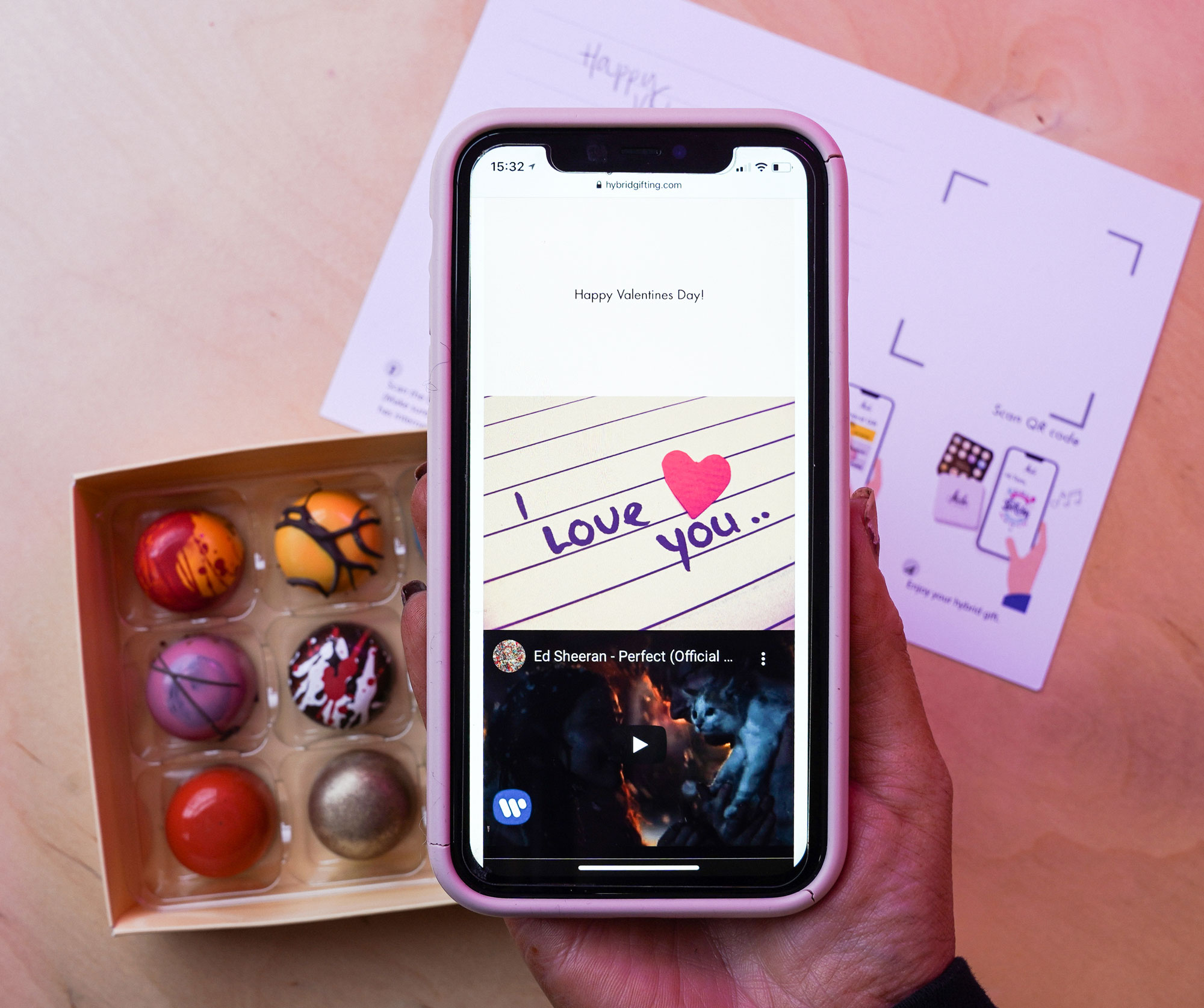A £1.6 million project has been launched to support the recovery of Nottingham's cultural sector with the development of new immersive technology and techniques to help businesses attract audiences and customers.
Researchers from the University of Nottingham are leading the Experiential and Digital Diversification: Nottingham (LEADD:NG) project which aims to provide SME's with a range of digital products and experiences using immersive technologies and techniques that will allow them to maximise potential and profit in a post-pandemic.
The University of Nottingham will be supported by Nottingham Trent University and will be working with local partners including: Broadway Cinema, Creative Quarter, Nottingham Castle Trust and Nottingham City Council.
Professor of Creative and Cultural Industries, Helen Kennedy is the project co-ordinator and lead, she said: "The cultural and creative industries have experienced some of the most extreme impacts from the restrictions imposed in response to the COVID19 pandemic. Even when we emerge from lockdown they could still face restrictions and the recent announcements of cuts to the sector will only add to the difficulties they face. This project will bring together academic research and technical expertise from across the university to deliver a programme of significant knowledge mobilisation and innovation in support of the local creative and cultural industries to help them thrive."
The first programme of activity will focus on cultural recovery in the context of the pandemic and the imminent reopening of cultural and creative spaces. The research team will showcase the opportunities that exist through the application of mixed reality technologies and techniques being developed at the University of Nottingham's Mixed Reality Lab that consider how to design performance-based experiences that can take place both in person and at a distance.

Projects being developed include: using different technology to deliver hybrid accessible musical and theatrical productions which combine an immersive digital element alongside physical audiences. Presenting multi-user VR on stage as performance. An online festival platform that lets friends and family meet in virtual environments to share live experiences together and feel like part of a bigger crowd.
The team are also working on combining products with a digital element - Studio Chocolate in Nottingham have recently trialled this with the delivery of personalised multi-media messages with their chocolates.
Professor of Computer Science, Steve Benford is leading the development of the digital innovations, he said: "The pandemic has really accelerated the use and acceptance of digital technology in the cultural space, we have all streamed live events, zoomed with friends or taken part in an activity virtually this past year. We want to take this further and develop this digital appetite to benefit SME's who are looking for innovative ways to boost their product or performance. We will be listening to what SME's and our partners tell us they would like and working to deliver technology to meet their needs."
SME's in Nottingham are being invited to an online development event on the 25th March where they will gain inspiration from the project team and have the opportunity to provide input into what types of technological innovations they could use.
Sara Blair-Manning, CEO of the Nottingham Castle Trust said: "Nottingham Castle Trust is delighted to be working with University of Nottingham colleagues and city cultural partners as part of this innovative project. We are keen to develop and build on the existing digital interactives which play a key part in the new visitor experience at Nottingham Castle, as we emerge from the challenges of the pandemic. This project and the associated research and testing, will inform how we continue to refresh the Castle visitor experiences with the most creative and exciting digital innovations available."
The project is funded by the European Regional Development Fund EDRF Sustainable Urban Development (ICT, SME Support and Low Carbon).






